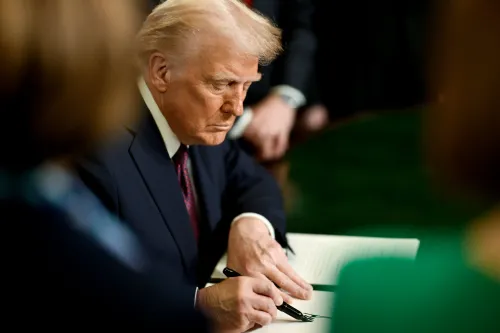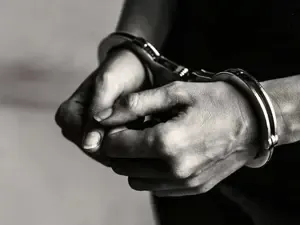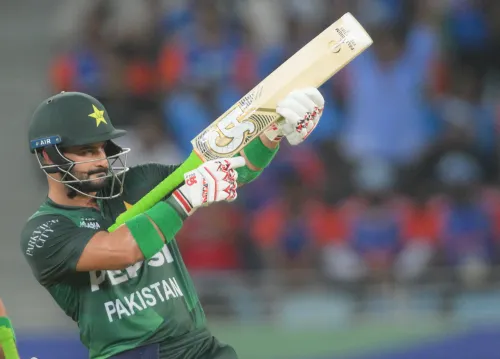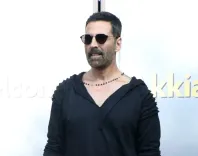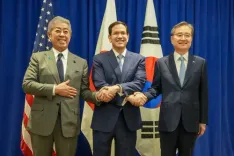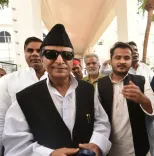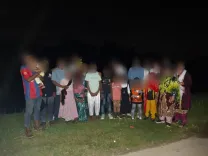Is the Madras HC Supporting Vijay's TVK Against Police Restrictions?

Synopsis
Key Takeaways
- DMSK's petition highlights political suppression.
- Vijay's TVK faces oppressive restrictions.
- Smaller parties struggle against established power.
- Inclusion in the case could bolster democratic rights.
- Dissent is essential for a vibrant democracy.
Chennai, Sep 22 (NationPress) The Madras High Court has recently received a new petition from the Desiya Makkal Sakthi Katchi (DMSK), seeking to join actor C. Joseph Vijay's Tamilaga Vettri Kazhagam (TVK) case. The party alleges that the ruling powers in Tamil Nadu are abusing their authority to hinder the emergence of new political factions.
Led by its president M.L. Ravi, the DMSK has filed an impleading petition in a case where the TVK has contested what it terms as “onerous” restrictions placed by the State police on Vijay's election campaign.
Through attorney A.P. Suryaprakasam, the DMSK expressed its desire to be included as a party to help the court spotlight the challenges faced by smaller political groups.
The petition asserts that since 2016, the DMSK has been dedicated to representing the interests of the underprivileged and marginalized, whose concerns often go unheard in mainstream politics.
It criticized established parties for accumulating wealth during their repeated terms in power and leveraging their influence to stifle contenders.
“They operate like a massive banyan tree under which no smaller plants can thrive,” the affidavit states, alleging that the ruling parties frequently obstruct critics and exploit state resources for political advantage.
The DMSK contended that the TVK is being unfairly targeted and subjected to severe conditions, including limitations on speech duration and restrictions on the size of gatherings.
“Mr. Vijay is restricted to speaking for no more than 30 minutes at any gathering, with attendance limits enforced, while the ruling party's events face no such limitations,” the party claimed.
It further argued that the police act as “an extension of the ruling DMK,” enforcing stringent conditions that threaten democratic liberties.
“Dissent is vital for democracy, and if such actions against TVK are permitted today, similar tactics could be used against other parties in the future,” the petition stated.
The DMSK urged the High Court to allow its inclusion in the case to fortify the argument against what it described as discriminatory regulations and to illustrate that unchecked restrictions could ultimately undermine democracy in Tamil Nadu.

